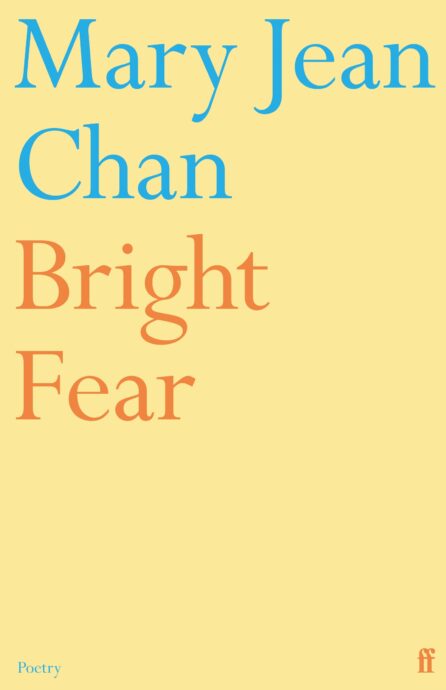Sestina
It happened again – the way life happens – my Chinese
face struck like the glow of a torch on a white question:
why is your English so good, the compliment uncertain
of itself. The speaker expects a reply, but I do not know
if his attention will hold for a six-minute history lesson
so I say you’re so kind and keep the conversation going.
All this occurs in a safe, queer space. We’re about to go
out for pizza, want to join us? I stood next to a Chinese
student who looked at me as if I were a mirror. Lesson
#1: don’t mingle only with other Asians. Her questions
were half-hearted, there were white folk to get to know
and I didn’t wish to stop her, our camaraderie uncertain
in the fading light as I saw what she saw. The uncertainty
of existing in a historically white space was always going
to haunt me in this gleaming city, where I begin to know
myself. What do you see? Why does it matter? A Chinese
word I learnt as a child, 忍, means to endure, his question
like a blade hovering over a heart. Years go by. The lesson
rises like bread, how I stopped eating rice, a common lesson
imbibed by an expatriate wanting to belong on no uncertain
terms. I longed to please and impress, to cease the questions
concerning my impeccable English, how my accent is going
to ripen over time. I drank your language like tea: Chinese
is no longer a texture I dream in. I left my home knowing
little about the countries we were told to revere, but know
that I have now seen too much for my soul to bear, lessons
that go beyond racial capitalism or an aversion to a Chinese
presence in a room where I am asked to prove my uncertain
right to speak your tongue, to eat a lychee without us going
into too much detail about exotic fruit. Why is the question
never about history, how yours became mine? The questions
we don’t dare to touch in daylight or in our sleep . . . we know
like the bitter dregs of coffee. Dear friend, are we ever going
to say what we mean? I fell in love with poetry, those lessons
I sucked like foreign sweets, savouring the sharp uncertainty
of syntax, sound, and sense. Multilingual mouths are Chinese.
In love with both English and Chinese, I dreamed of going
abroad to study the answers to Life’s question: hard lessons
of the heart. I value frank uncertainty over firm knowledge.
Out
Can I be myself now? I ask
my parents in a dream.
There is a long silence that lasts
for years, punctuated by half-
finished sentences. This is how it is
with family. One day, my mother
said to me on the phone: We are one
body, you know that, right?
She meant me, my father and her.
To disagree was to admit to my desire
for cruelty, this severance
that has allowed me to chisel
a way out. Yesterday,
as we spoke, my parents
looked at me and simply said, yes.
Yes? I asked. Yes, they replied.
We love you. The sentence
was complete, no longer
half-finished. The months
ahead of me are wide open.
Image © Tuneu








